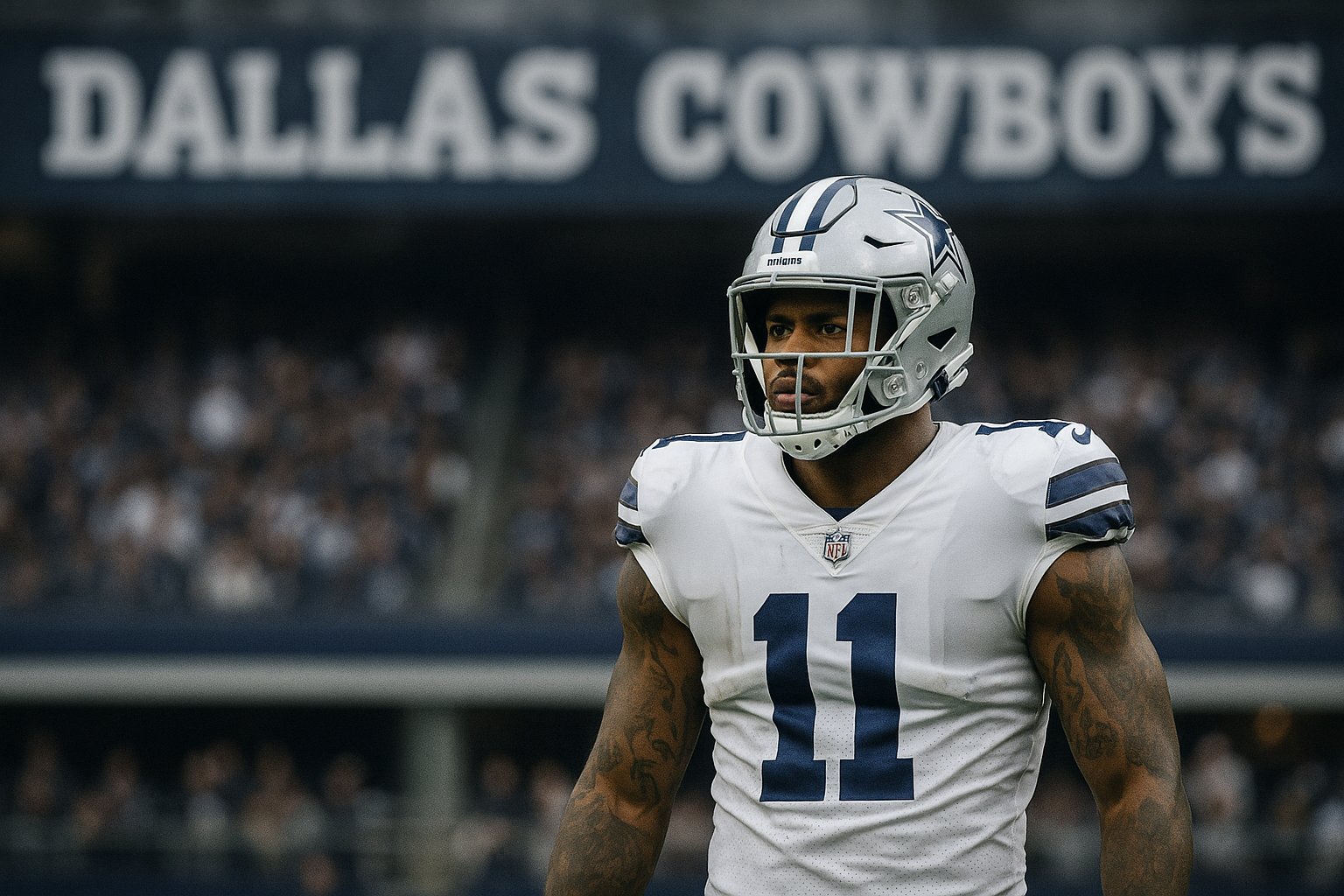The Micah Parsons contract standoff is the kind of saga that reveals the rot at the heart of American sports business. Dallas Cowboys fans are told this is just negotiation. In truth, it is a standoff that risks destroying the team’s defensive identity and exposes the greed and arrogance of NFL ownership.
Context: What Happened
The Dallas Cowboys and Micah Parsons, their defensive superstar, are locked in a bitter dispute. Parsons wants a new deal that reflects his value as one of the best linebackers in the league. The Cowboys refuse. Jerry Jones’ daughter confirmed publicly that the franchise will not meet his demands.
Mainstream media treats this like a typical money squabble: star wants cash, team hesitates, deal eventually comes. But fans should pay attention—because this case is different.
Why This Is Not Just Business
Parsons is not just another player. He is the anchor of the Cowboys defense, a generational athlete who changes games single-handedly. To play hardball with him is not smart economics—it is sabotage.
The NFL is built on loyalty myths. Teams preach “family,” but the second a player asserts value, management cries poor. The Cowboys, one of the richest franchises in all sports, cannot plead poverty. Their refusal is not financial necessity; it is about power.
Analytical Breakdown: Power vs. Talent
Consider the economics. Parsons’ market value easily surpasses $30 million per season. Defensive players of his caliber are rare. Dallas, meanwhile, generates billions in revenue from branding, merchandising, and broadcasting. The cost of losing Parsons—both in wins and in brand damage—far outweighs paying him.
This is about control. Owners fear that if Parsons wins big, others will follow. So they dig in, even at the risk of losing a once-in-a-decade player. It is the same logic corporations use when crushing unions: sacrifice short-term productivity to maintain long-term dominance.
The Human Perspective: The Athlete vs. the Machine
For Parsons, this is not just numbers. It is respect, legacy, and survival. NFL careers are brutally short. One injury, and the wealth of an owner outweighs a player’s lifetime earnings by hundreds of millions. Fans forget that while owners pass teams down to their children, players sacrifice their bodies for a decade at most.
Parsons deserves security. He deserves compensation equal to the empire his talent sustains. The Cowboys’ refusal insults not only him, but every athlete who risks everything on the field while billionaires hoard profits.
Counterarguments and Rebuttals
Some argue Parsons should “honor his contract.” But contracts in the NFL are a sham—teams cut players at will, voiding deals the second it benefits them. To demand loyalty from players while offering none in return is hypocrisy.
Others insist “no player is bigger than the team.” True in principle, false in practice. Teams are defined by stars. Without Parsons, Dallas’ defense crumbles. Without stars, franchises sell fewer tickets, fewer jerseys, and attract fewer viewers.
Broader Implications for the NFL
The Micah Parsons contract standoff reflects a league-wide tension. Owners treat players as disposable assets while profiting off their labor and image. Every fight like this chips away at the NFL’s credibility. Fans already see through the corporate greed.
If Dallas loses Parsons—or trades him in bitterness—the Cowboys send a message: loyalty is a one-way street. That will haunt them in recruiting, in locker room trust, and in the hearts of fans.
Conclusion: My Judgment
Micah Parsons is not asking for charity. He is demanding value that is rightfully his. The Dallas Cowboys’ refusal to meet him halfway is not smart business; it is arrogance disguised as negotiation.
If they let Parsons walk, they will not just lose a player—they will lose their defensive identity, their credibility, and perhaps even their claim as “America’s Team.”
The Cowboys are playing with fire. And this time, it is not Parsons who risks getting burned—it is them.
External links:
76 views